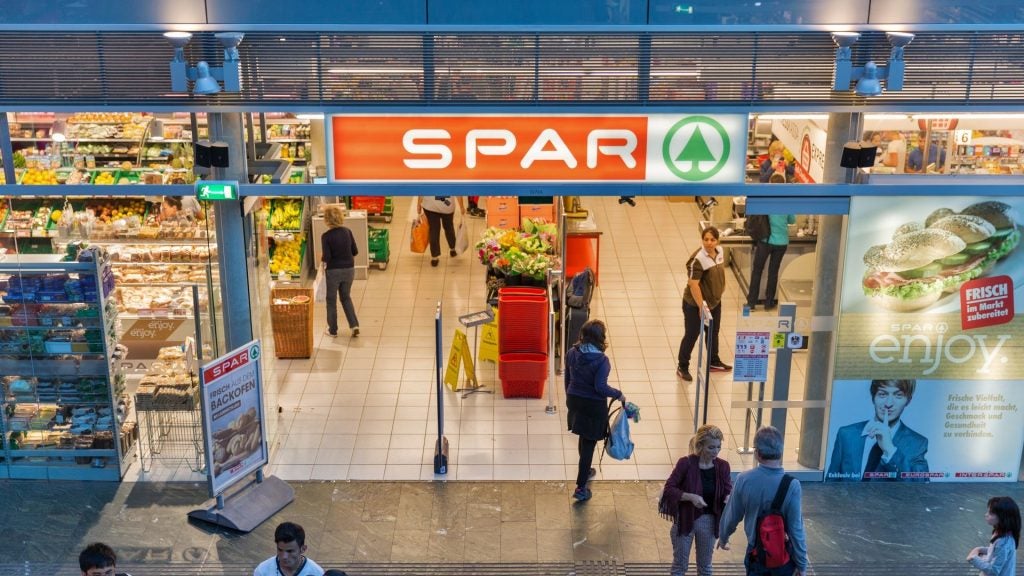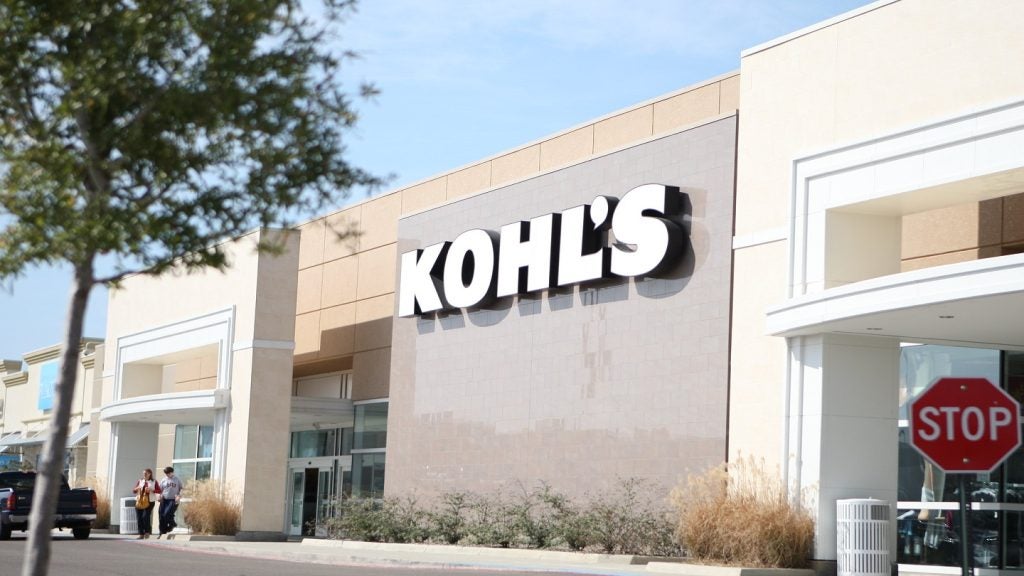Austrian supermarket giant Spar has levelled accusations against the Hungarian government, alleging that its tax policies are infringing upon EU regulations and exacerbating rising food prices, the Financial Times (FT) reported.
Spar has called upon the EU to intervene, citing significant adverse effects on its business operations.
Tax measures impacting operations
According to the FT, the Hungarian government, under Prime Minister Viktor Orbán, implemented a special tax in 2022, targeting the revenues of foreign-owned retailers.
This tax, along with a mandate to lower prices on various staples, has remained in force despite a notable decrease in the country's inflation rate.
Spar contends that these measures not only discriminate against foreign retailers but also violate key EU laws, including those concerning the free movement of goods and the freedom of establishment.
The supermarket chain asserts that these policies have inflated its operational costs by approximately €90m ($98.22m), resulting in a staggering loss of nearly €50m in 2023 alone.
Spar holds the second-largest market share among foreign retailers in Hungary, the news agency reported.
Government regulations and market disruption
Under the government's directives, retailers must offer certain products at discounted rates, disrupting the balance of demand and supply in the agricultural and food markets.
Spar argues that these regulations unfairly benefit small, independent retailers while burdening larger integrated retailers such as itself.
Spar is not the sole foreign retailer affected by Hungary's policies.
Other major players, including Lidl and Tesco, operate in the Hungarian market. The FT stated that while Lidl declined to comment, Tesco referred its inquiries to Hungary's retailers association, which opted not to provide a statement.
With Hungary's inflation rate decreasing significantly, Spar's complaint to the EU may prompt an investigation into the government's policies.















